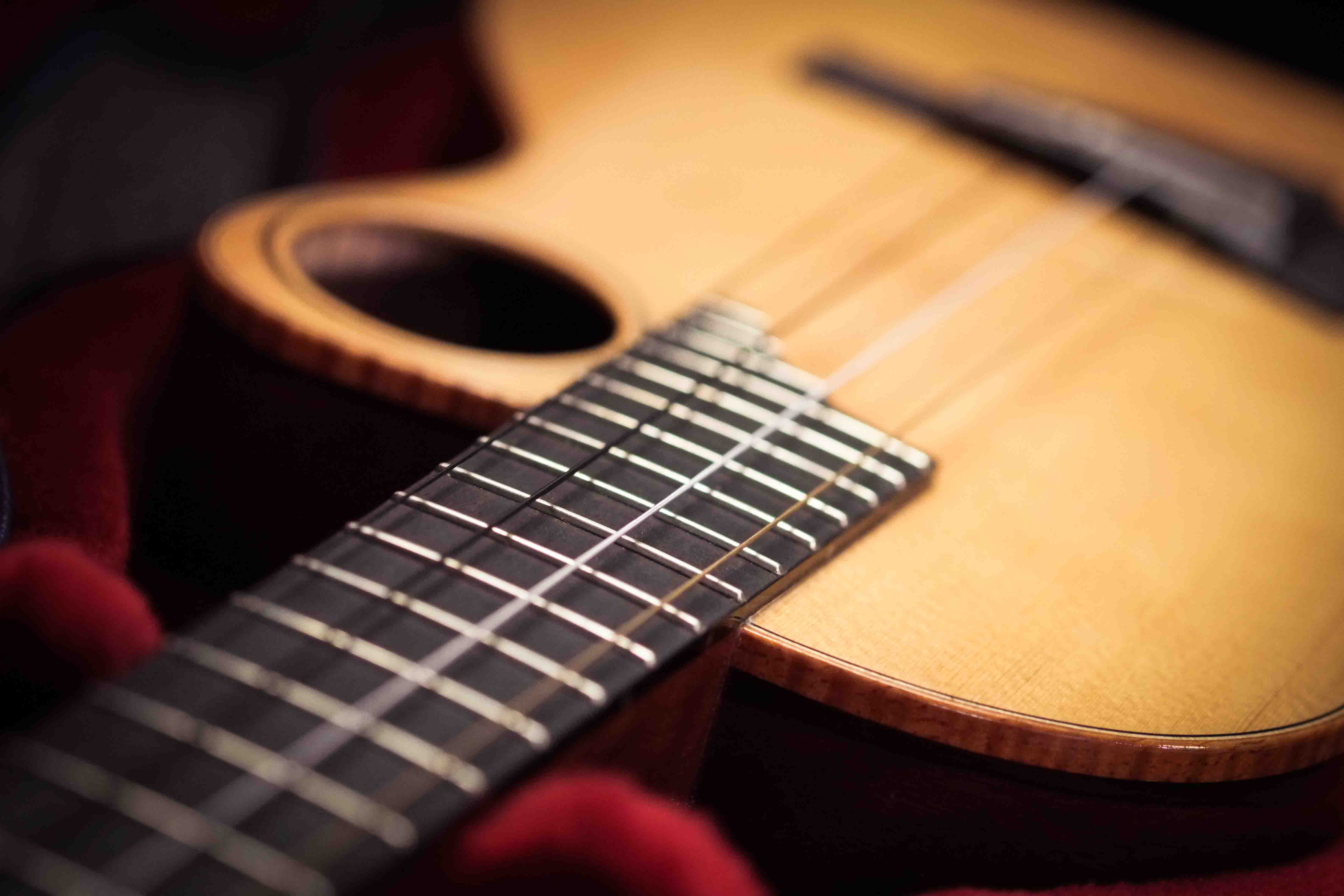Over the years I have realised that it pays off to seek out the best instruments you can find and to always try out an instrument before you part with any money. I originally played electric guitars, before moving onto acoustics and then ukuleles as well as other instruments like mandolins, reso ukes and mandolas. My other work has allowed me to literally travel the globe and seek out the very best of the best.
I spent years looking for a great acoustic before finally settling on Collings and Sobells as preferred choices. I bought my first ukulele in New York, which was a pre production Collings concert uke which was and still is fantastic. When I interviewed Bill Collings a few years ago I mentioned how impressed I am with his instruments. I own three Collings concert ukuleles, a Collings tenor guitar, a Collings acoustic and an electric Collings I35 Deluxe. These are not only fantastic instruments to play, but have also become superb investments. The I35 has doubled in value and its impossible to find Collings ukuleles anymore.
The Sobell acoustics are also highly collectable and quite extraordinary. These are all custom built instruments and the waiting time is usually around two years. I still consider Takahiro Shimos to be the best of the best and I now own seven of his instruments, including a reso ukulele. If I had never travelled to Japan, I doubt if I would have come across Shimos and never would have recorded over 30 tracks with the Shimo Comet 3. With the drop in sterling’s value these have also appreciated greatly in value.
In ukulele circles its increasingly hard to find really great instruments and most UK stores now stock mid range Chinese made ukuleles. I mostly now only seek out such instruments in Japan and Ukulele Mania remains the go to place for purchases. My experience over the years is that its smart to invest in the best instruments you can afford, rather than “instrument shaped objects” often churned out in mass production factories. When you buy a really well made instrument, it mostly inspires better playing. Of course price does not always means the instrument s going to be great. Similarly there are some great production instruments (Collings is the best example) and some luthiers who produce variable work. I recently moved on five ukuleles that were hand built, but had different issues which meant they were never my first choice for playing live r recording.
With changes in legislation regarding wood imports and changing global economics, many instruments are either extremely expensive or just unavailable. The UK only has a few great music stores, so many people never have the chance to see what is actually available. In the meantime online reviewers and enthusiasts often describe many instruments as “awesome” which is (and I’m being polite) more than a bit of a stretch!
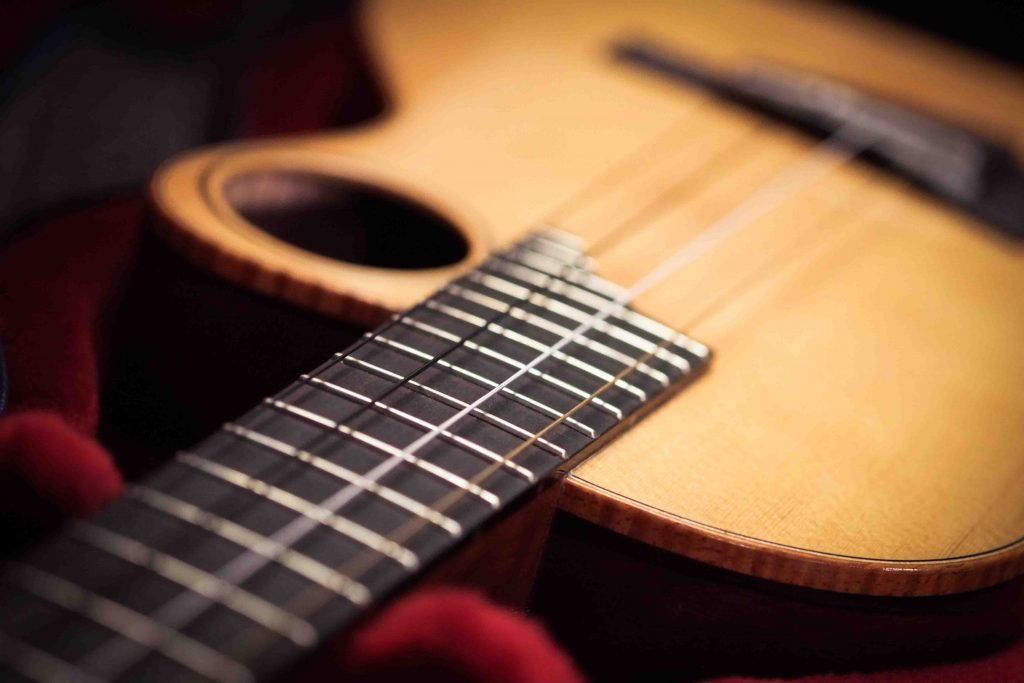

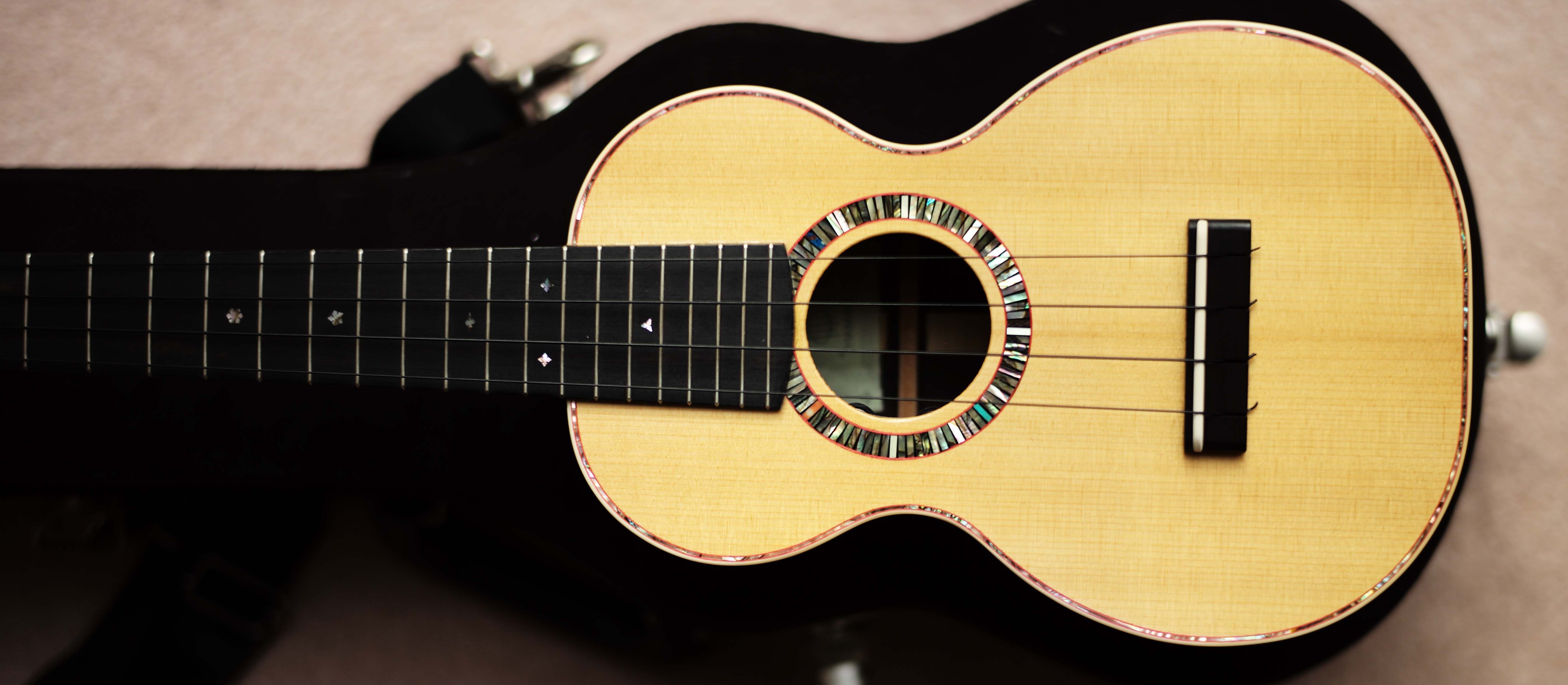
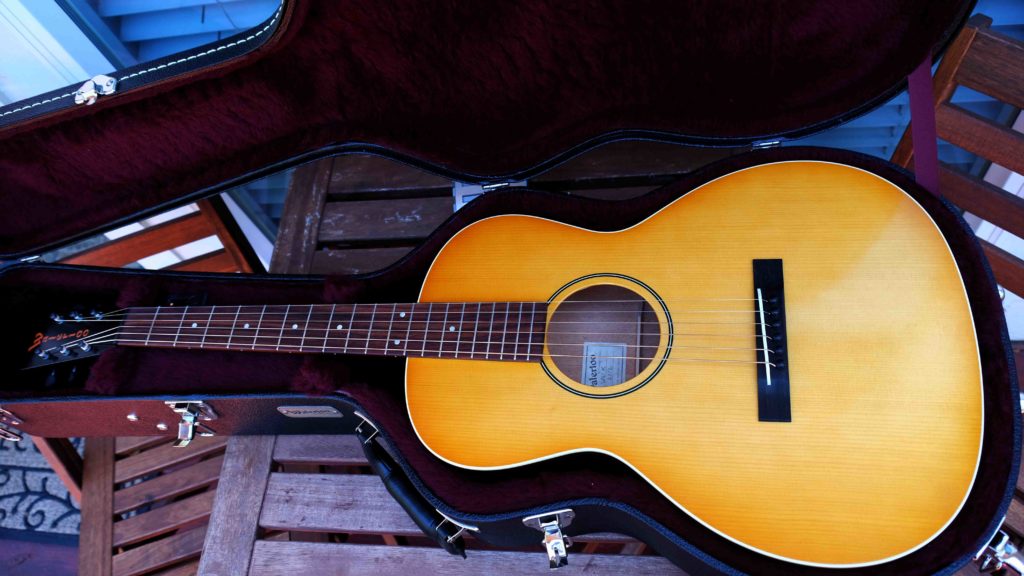
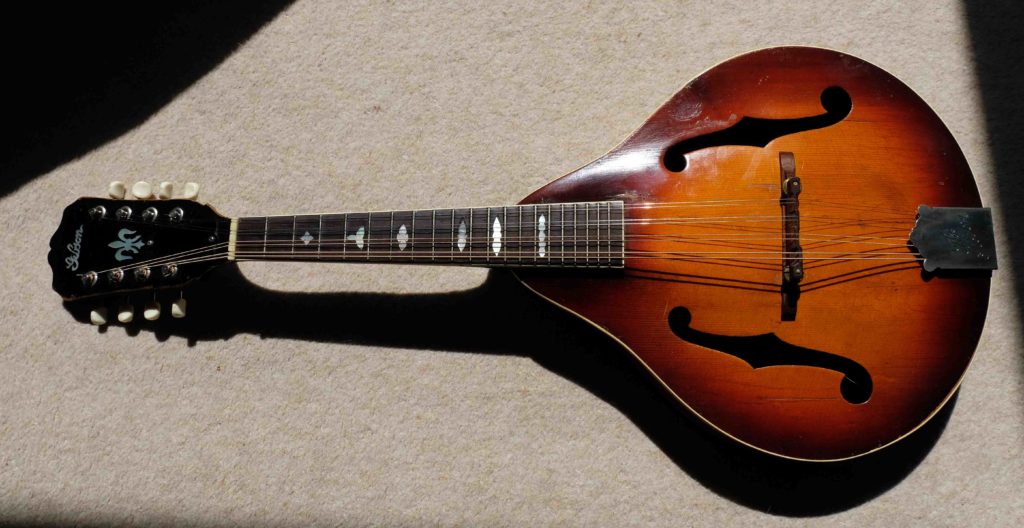
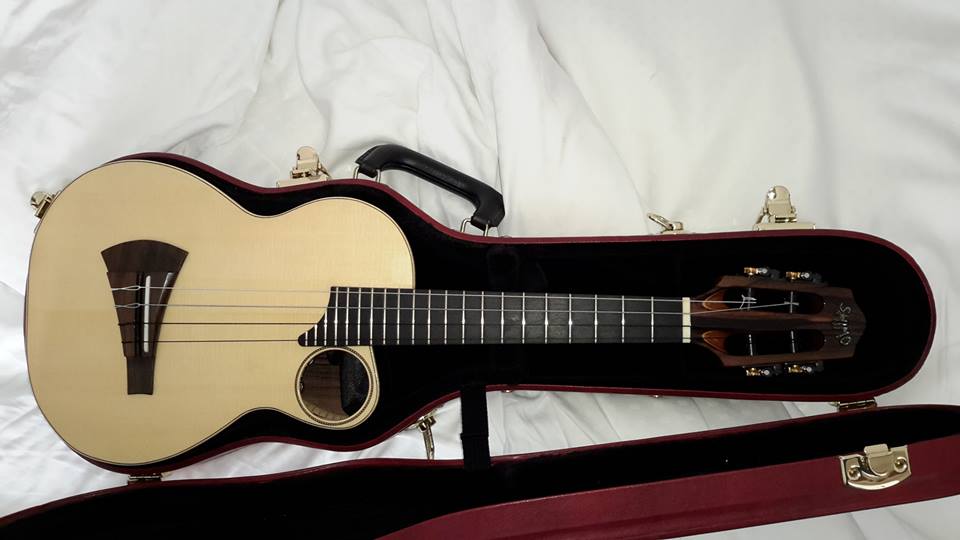
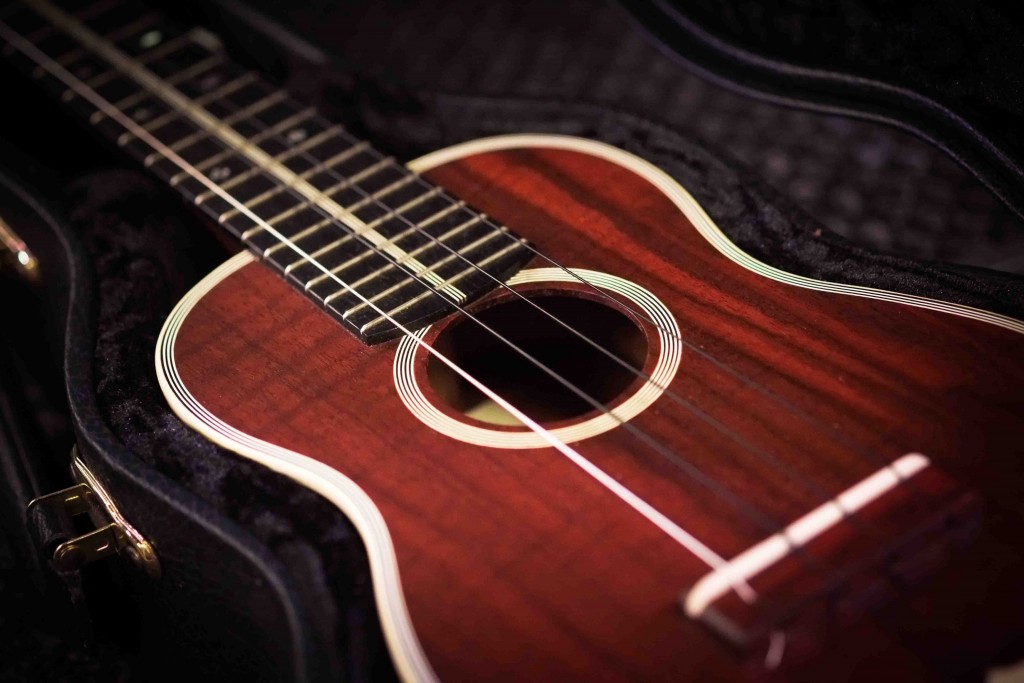
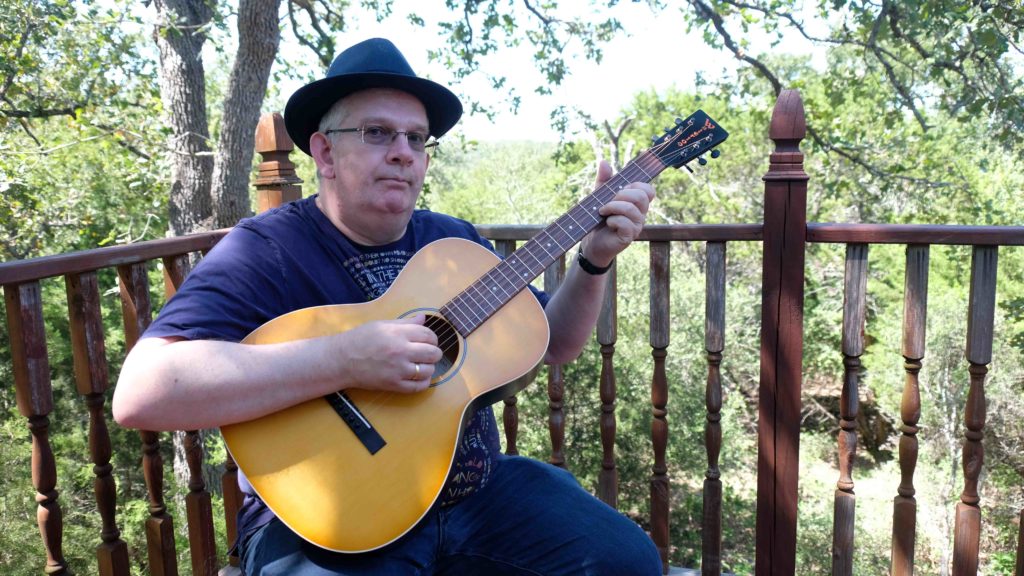 I’m lucky to be able to travel extensively across the globe each year and seek out the vest best instruments, many of which are never located in the UK. Japan and the USA remain the best places for items and both Takahiro Shimo and Bill Collings instruments still make the top of the list. In both the guitar and ukulele world, there are endless “ok instruments” that sound fine, but there are far less really great instruments that are sonically at another level. Inevitably there is a higher price point for such instruments but in my experience, it’s always smart to get the best instrument you can afford.
I’m lucky to be able to travel extensively across the globe each year and seek out the vest best instruments, many of which are never located in the UK. Japan and the USA remain the best places for items and both Takahiro Shimo and Bill Collings instruments still make the top of the list. In both the guitar and ukulele world, there are endless “ok instruments” that sound fine, but there are far less really great instruments that are sonically at another level. Inevitably there is a higher price point for such instruments but in my experience, it’s always smart to get the best instrument you can afford. 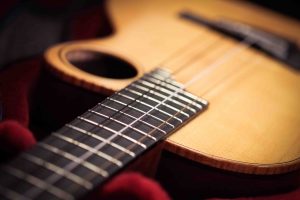 The Shimo Comet 3 with a DTar pickup remains my first call for recording and has been used on 30+ tracks to date. I still have my Rob Collings blackwood tenor and mahogany baritone, but I moved on 5 others from him for a variety of reasons including bridge issues. The two remaining items are great (I have my tech sort the tenor bridge) and have been used on many gigs.
The Shimo Comet 3 with a DTar pickup remains my first call for recording and has been used on 30+ tracks to date. I still have my Rob Collings blackwood tenor and mahogany baritone, but I moved on 5 others from him for a variety of reasons including bridge issues. The two remaining items are great (I have my tech sort the tenor bridge) and have been used on many gigs.